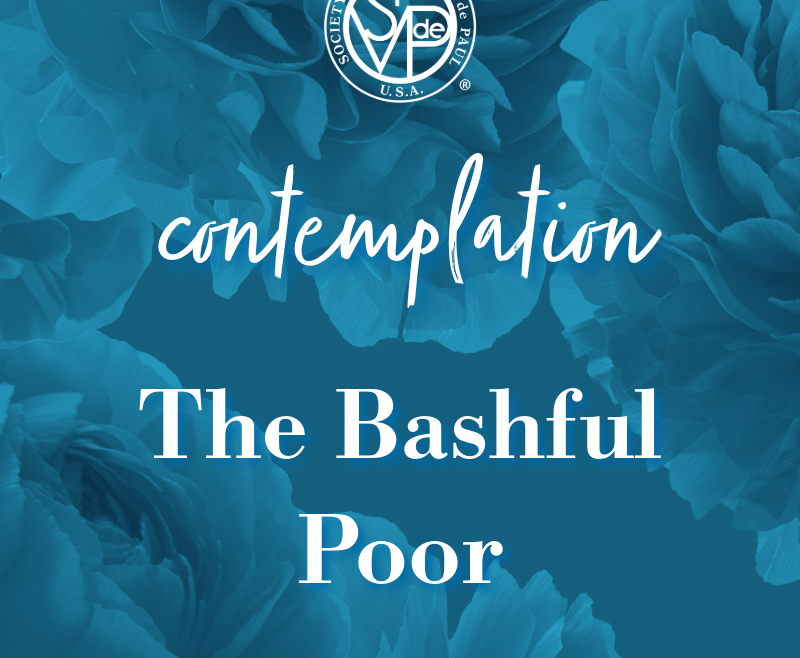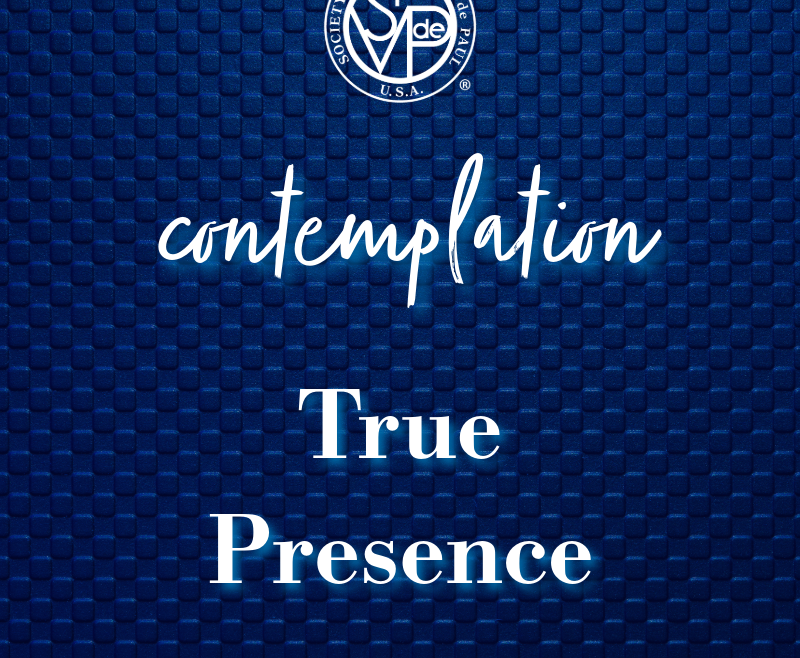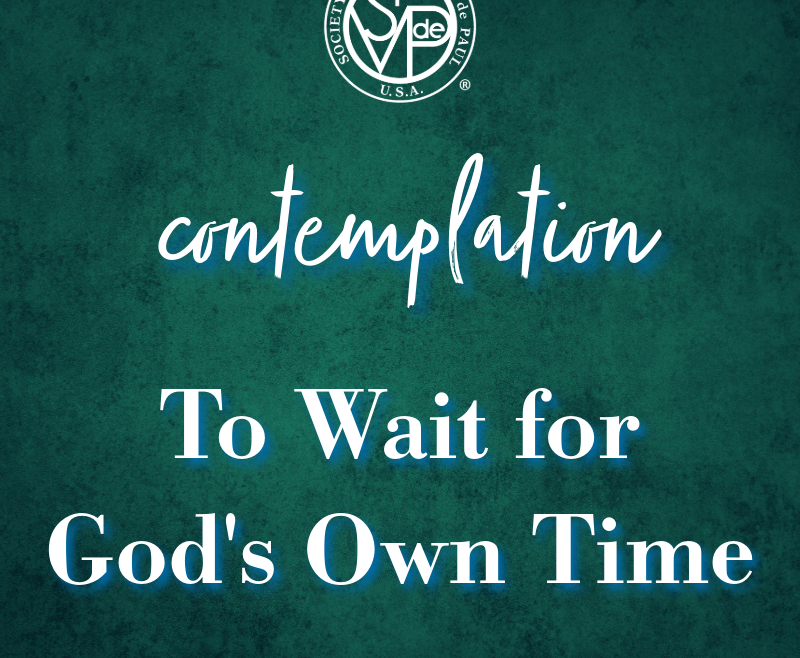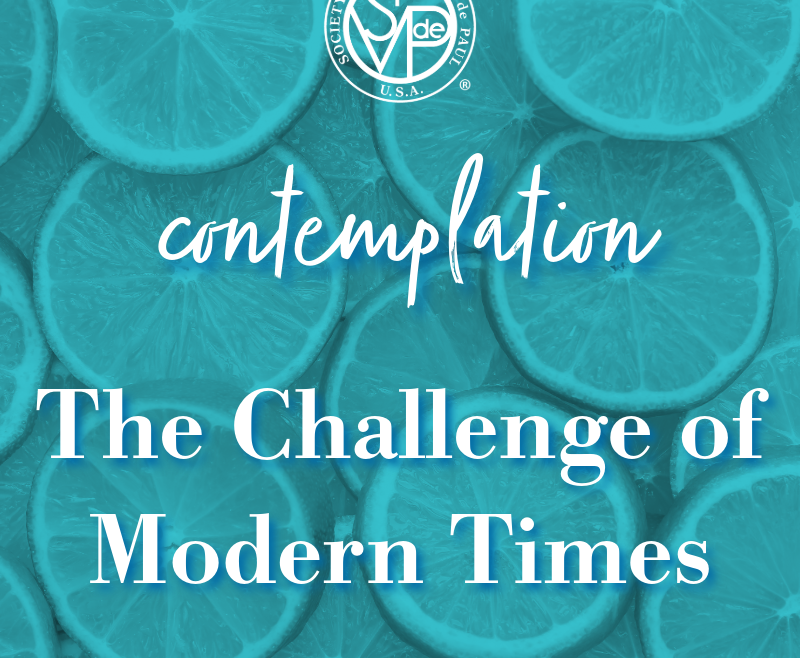By Timothy Williams, Senior Director of Formation and Leadership Development
Effective Conferences, our manual explains, are “reachable.” [Manual, 26] While most Conferences make every effort to ensure that their phone number, along with perhaps a website and email address, are well-publicized and shared with other community organizations for referrals, our Rule calls us to do more than that. It calls us “to seek out the poor.” [Rule, Part I, 1.5]
On its face, this might seem unnecessary. After all, if the neighbor has fallen behind on rent, is facing a utility cutoff, or has hungry children to feed, why would they not actively seek out our help? Yet so many wait until the very last moment to call; they exhaust all possible alternatives to avoid calling us; they apologize for having called and are concerned that assisting them might deprive somebody “who really needs help.”
For each person we meet who tells us this, how many more are there who never call, fearful that they would be taking from somebody “who really needs help?” It isn’t that they are in denial about their immediate needs. They simply do not see themselves as “the poor” because their needs are only temporary. When there is a little more month than money, they often choose to just “tough it out.”
In an 1848 letter to his brother Alphonse, a priest, Bl. Frédéric explained that the church must concern itself “not merely with the poverty-stricken, but with the working classes who do not need alms.” [Baunard, 261] To “not need alms,” of course, is not the same thing as needing no assistance at all. In Frédéric’s time and ours, there are many people who work very hard to support themselves and their families, but simply come up a little short from time to time. For that proud working person, their first instinct simply is not to call a church for a “handout.”
These are the same people that St. Vincent de Paul called “the bashful poor” – people who were temporarily impoverished by war or natural disasters, who were ashamed or embarrassed to ask for assistance. [CCD XIIIb:2] How do we find the “bashful poor?” And what do we offer them?
Frédéric believed that they would be best reached by “special sermons, by charitable associations, and by sympathy, which will touch them more than is generally believed.” [Baunard, 261] In other words, it is our friendship, understanding, and advocacy that will make clear to all that we are here for all of our neighbors.
Unlike an agency, we don’t ask the neighbor to “qualify” or to prove they are poor enough to be deserving of help. No work of charity is foreign to the Society. Sometimes that is a handout, sometimes it is a hand up, sometimes it is a helping hand, but always it must be a handshake of respect, of understanding, and of welcome.
Contemplate
Am I so content with waiting for the desperate poor to call that I don’t reach out to the working poor?










